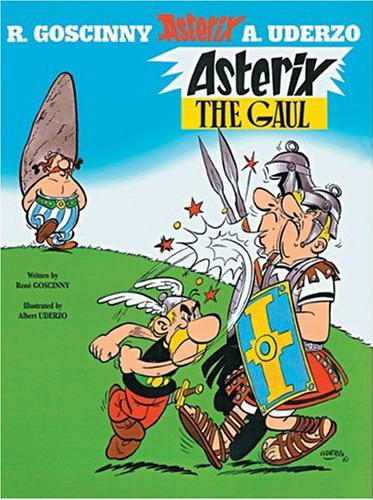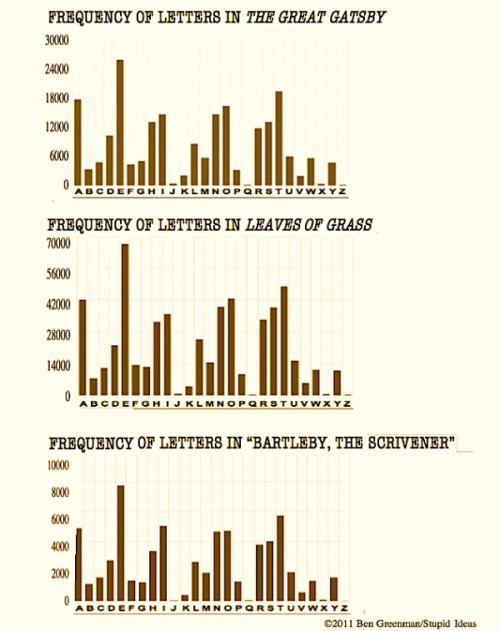It’s a strange time to be a person. Apparently the solution to all of our sexism problems is to remove the gender distinction. We are all the same. Now, I’m going to take my Christian hat off for the moment, and ignore that the Bible suggest gender is part of the created order (male and female he created them…). And I’d like to open this post by acknowledging that there are disparities in the way men and women are treated that are wrong.
I don’t even care that much if women want to fight on the front line. If a woman is big enough, and strong enough, and is able enough to take the place in a unit that would otherwise have been held by a man, on merit, then who am I to tell them they can’t. I just don’t think that’s particularly likely, and I think it opens a Pandorah’s box of issues within a unit, which isn’t, of itself, a reason not to allow it. Do I think women should be on the front line? No. But if some want to, then that’s their decision, not mine. This whole push to revolutionise the military’s gender agenda off the back of some demonstrably shoddy sexual ethics seems like the symptom of a broader social push to mimimise the difference between genders. I think this move is driven by good motives – but it’s just incredibly stupid.
Doesn’t this just seem completely loopy to everybody else. Boys and girls are obviously different. They don’t just have different parts. They have different hormones. Hormones that produce different emotions. Gender is predominantly a “nature” issue, sure, there are “nurture” aspects to it – but the social side follows the natural side in this case.
I’ve held off saying anything on this topic for a while. But events in the last few weeks are tipping my hand. I just feel annoyed as I watch this issue have bizarre and dangerous outworkings.
A few months ago a Christian student in the US sparked a massive furore in the blogosphere, and probably on talkback radio, when he refused to wrestle a girl on religious grounds. The Friendly Atheist thinks he should have grappled the girl into submission (and a follow up). Angry commenters there suggested it is wrong to recognise differences between the genders. And in many cases it is. I’d say issues of physical strength aren’t one of those cases – the world records in every athletic event out there are pretty clear.
Now. I was told, all my life, not to hit girls. It didn’t stop me bullying my sisters, sometimes physically, until I was old enough and big enough that the physical disparity was clearly unfair. This happened when I was about 15. It should have happened earlier. In hindsight I feel pretty bad about the way I treated my sisters. The older me would beat some sense into the younger me in a number of areas. This would be one of them. Hitting girls is wrong. Guys are stronger. It’s just facts. There are some girls who are stronger than some guys. I’m not denying that there exist myriad women who could beat me in a fight. A girl in my grade 9 class beat me in an arm wrestle. And I was trying. It wasn’t humiliating. She was strong. But there would have been 30 guys in my year who would have beaten her.
I’m sorry, but boys and girls are different. I would have thought that was pretty clear.
It seems that gender is now a fluid concept (unlike sexuality, which you’re apparently stuck with, if recent furores surrounding gay-to-straight conversion apps on the Apple App Store are indicative). Some have suggested that gender is the new frontier post the gay marriage debate. It’s post-modernity meets feminism. And it’s weird. A Swedish couple made headlines in 2009 when they refused to apply a gender label to their child Pop. Or, at the very least, they refused to tell people if Pop was a boy or a girl. A Canadian couple followed suit with their thing, Storm. Part of the problem, I think, with de-genderising a child is you end up dehumanising them as a by-product, in terms of what options are left.
“In an interview with newspaper Svenska Dagbladet in March, the parents were quoted saying their decision was rooted in the feminist philosophy that gender is a social construction. “
A behavioural psychologist pointed out that this exercise was almost entirely pointless.
Pinker says there are many ways that males and females differ from birth; even if gender is kept ‘secret,’ prenatal hormones developed in the second trimester of pregnancy already alter the way the child behaves and feels.
She says once children can speak, males tell aggressive stories 87 per cent of the time, while females only 17 per cent. In a study, children aged two to four were given a task to work together for a reward, and boys used physical tactics 50 times more than girls, she says.
Now, a Swedish preschool is doing its bit to destigmatise gender by refusing to describe boys and girls as boys or girls. Because we wouldn’t want to assign anything to a child that they haven’t asked for – this post was actually prompted by rumours of a similar thing going on somewhere in Australia, but I can’t find it anywhere.
Few would argue that gender stereotypes aren’t in some way the product of social conditioning – stuff like boys wearing blue and girls wearing pink, or even skirts being girls clothes, are products of particular cultures operating in particular times and particular places. Ads for boys and girls toys demonstrate a sort of circularity here where culture reinforces natural differences and essentially amplifies them (some have suggested these ads are essentially symptoms of a disease rather than simply a reflection of nature), that’s what I reckon is going on. I don’t feel like I was manipulated to want to hit stuff with sticks, or to enjoy fire and explosions. I had plenty of opportunity, with three sisters, to play with girls toys, but they were boring, and I was much more interested in more combative play with sticks and glove guns. It was all my choice. Back in my day we had to make our own fun with bits of wood we picked up in the yard. But all the brainwashed people say that.
Boys’ toy ads look like this:

Girls’ toy ads look like this:

Boy, oh boy (or person, oh person) this whole issue is stupid and it makes me want to pull out my Playstation and shoot some bad guys (or people).
That is all.










